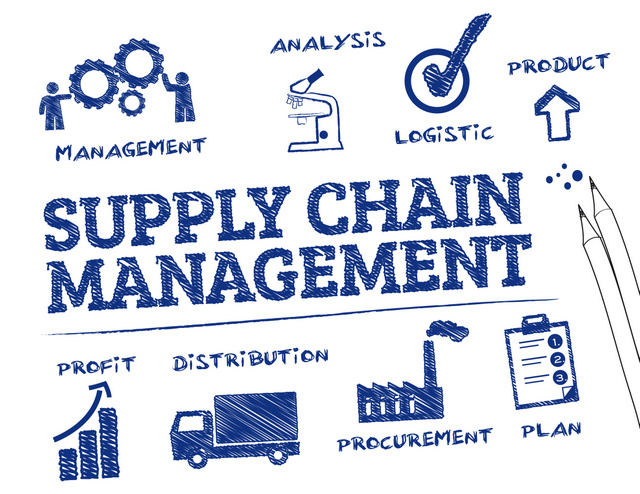Use Case: AI Assists in Orchestrating Supply Chain Management
My point with the opaque introduction is to illustrate how ML/PA can truly streamline complicated and abstract processes and assist decision makers in insuring that the agreements they sign and the partners with which they contract meet all their requirements, and that nothing is lost in the “fine print.”
“I remember thinking, this isn’t about hardware. It’s about information and connecting things. We can’t be wrapped around a hardware solution,” he said. “In an age of iPhones and open-source applications, what we need is an agnostic device that connects all the components of the truck and gives us the ability to go in and build any application we want that meets our business needs.”
One Device to Rule Them All
And you know, it really goes beyond iPhones and open-source applications. When we were working on the aforementioned trading partner negotiator, at the time, we were pushing both the hardware limits of decent business laptop, as well as the software limits of browsers and the JavaScript engine. We were pushing these limits precisely because of our need to perform extensive ML/PA processing at both the client and server layers of the platform. Ultimately, then, it is the culmination of increased hardware capabilities as well as increased software capabilities that are at the heart of the ML/PA wave.
With the rising of the computing resources tide — and helped more than a little from a constant push for Web Standards— we now have the proper environment with which to execute the extensive ML/PA algorithms requisite for calculating, negotiating and predicting the outcomes of complex interactions. The current best practice architectures of Micro-services and Single Page Applications, as well as SaaS, PaaS and IoT illustrate this movement towards agnostic interoperability.
It is precisely this agnostic interoperability that Capture Club has used as a core methodology when developing our applications and platforms. What this means is that we essentially have a ‘toolbox’ of components that are Plug-n-Play ready, and that can adapt to a variety of re-use scenarios.
“Such a solution didn’t exist then, and still doesn’t, at least in a complete form, although Sultemeier says he sees it “on the horizon.””
Your Supply Chain Negotiations on Steroids
On the horizon, indeed. Capture Clubs Predictive Research Engine is precisely this type of interoperable, agnostic implementation, capable of near-real-time ML/PA without requiring a massive datacenter to operate. It launches asynchronous “Research Agents” to gather information on just about any topic, and determine the relevance to an applied query profile.
“What’s important, Sultemeier said, is that shippers not be forced to wait for vendors to develop a product that they believe will be in demand in the broader market.”
We completely agree.
Reference: https://www.ttnews.com/articles/orchestrating-supply-chain

Leave a Reply